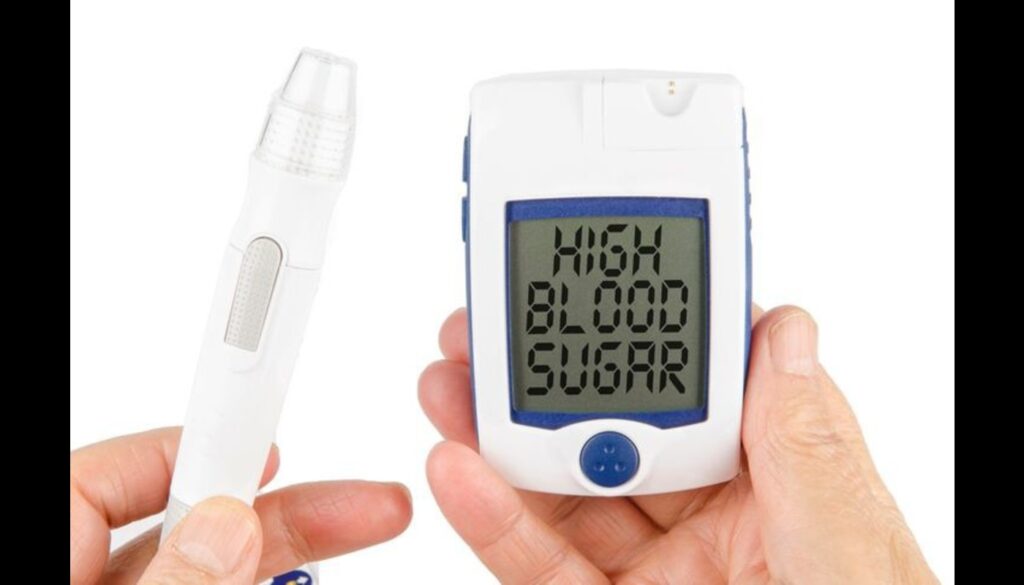High blood sugar levels and diabetes are increasingly prevalent health concerns in today’s society. However, there are numerous lifestyle changes that individuals can implement to prevent or manage these conditions. In this article, we will explore ten effective lifestyle modifications that can make a significant impact on blood sugar control and overall well-being.
Adopt a Balanced Diet:
A balanced diet plays a crucial role in maintaining healthy blood sugar levels. Emphasize whole grains, fruits, vegetables, lean proteins, and healthy fats while limiting processed foods, sugary drinks, and excessive intake of carbohydrates.
Regular Physical Activity:
Engaging in regular physical activity helps regulate blood sugar levels and enhances insulin sensitivity. Incorporate activities such as brisk walking, jogging, cycling, or swimming into your routine for at least 30 minutes a day.
Maintain a Healthy Weight:
Weight management is vital in preventing and managing diabetes. Aim for a healthy body weight through a combination of healthy eating habits and regular exercise. Consult a healthcare professional to determine an appropriate weight loss plan if needed.
Stay Hydrated:
Proper hydration supports overall health and helps control blood sugar levels. Drink an adequate amount of water throughout the day and limit the consumption of sugary beverages.
Manage Stress Levels:
Chronic stress can impact blood sugar control. Practice stress management techniques like deep breathing exercises, meditation, yoga, or engaging in hobbies that bring you joy to promote emotional well-being.
Get Sufficient Sleep:
Lack of sleep can disrupt hormone levels, including insulin, leading to higher blood sugar levels. Prioritize quality sleep by maintaining a consistent sleep schedule and creating a conducive sleep environment.
Limit Alcohol Consumption:
Excessive alcohol consumption can cause blood sugar fluctuations and negatively impact overall health. If you choose to drink, do so in moderation, following recommended guidelines.
Quit Smoking:
Smoking increases the risk of developing diabetes and other health complications. Seek professional support and adopt strategies to quit smoking for improved overall health.
Regular Monitoring and Medication:
If you have diabetes, monitor your blood sugar levels regularly as advised by your healthcare provider. Take prescribed medications consistently and consult your doctor for any adjustments or concerns.
Portion Control:
Practicing portion control helps maintain a balanced diet and prevents overeating. Be mindful of portion sizes and consider using smaller plates to manage your food intake effectively.
Preventing or managing high blood sugar levels and diabetes requires a comprehensive approach that incorporates healthy eating habits, regular physical activity, stress management, and support from loved ones. Build a strong support system of family and friends who understand and encourage your efforts to prevent or manage high blood sugar levels. Seek their support during challenging times and share your progress and goals with them. By implementing these ten lifestyle changes, individuals can take control of their health and significantly reduce the risk or effectively manage diabetes for a better quality of life. Remember to consult with healthcare professionals for personalized advice and guidance based on your unique needs.
